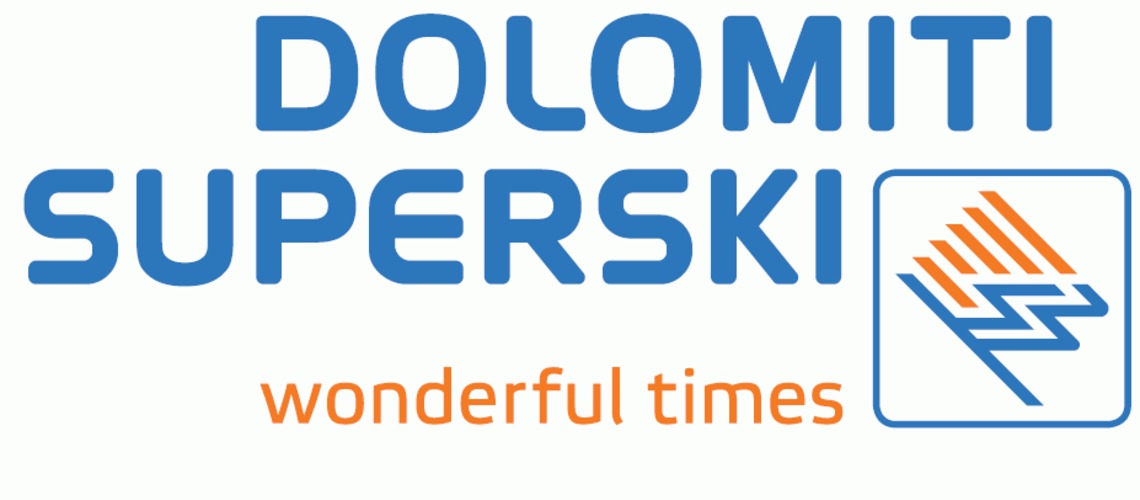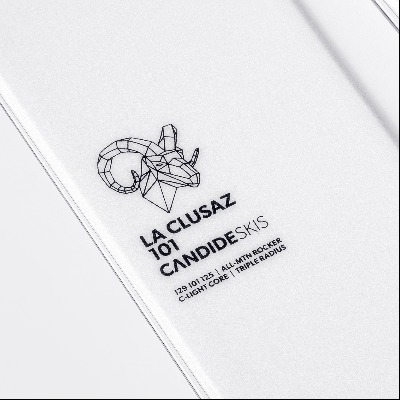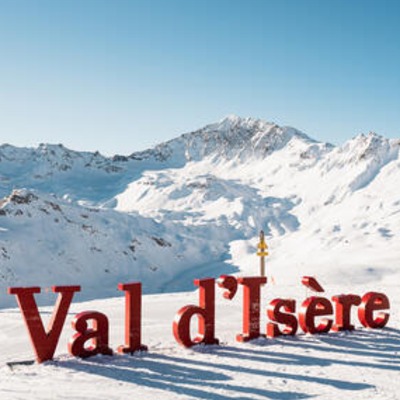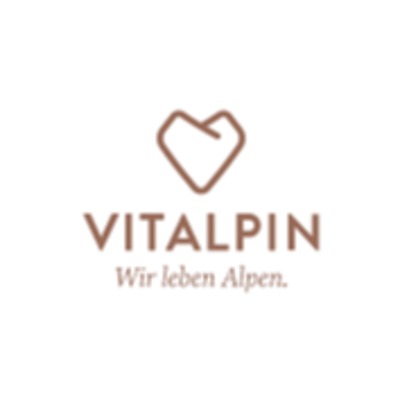Dolomiti Superski Responsibility: First Phase Of The Sustainability Project Now Completed

The first phase of the sustainability project "DS Responsibility" recently came to an end, in which Dolomiti Superski and the 130 affiliated cable car companies thoroughly analyzed their operations over three years from the point of view of credible sustainability. The last retreat was held in Bruneck - now the development of ecological, social and economic implementation projects follows.
The past three years have been characterized by intensive internal analysis work by the 130 cable car companies that are part of Dolomiti Superski. In collaboration with the Terra Institute from Brixen, an agency specialized in accompanying companies on their way to more and more sustainable production processes, a multi-phase approach was developed, with the first phase aimed at internal analysis. For this purpose, a very detailed checklist was drawn up, on the basis of which processes, infrastructure, machines, etc. were recorded. These were then used as parameters for the initial calculation of CO2 emissions. The results of this first phase were recently presented to the Dolomiti Superski General Assembly and the relevant internal working groups.
The Terra Institute CO2 calculation model resulted in emissions totaling 60,000 tons of carbon dioxide per year, attributable to all activities of the Dolomiti Superski system. This includes direct emissions such as the snow groomers and employee traffic to and from the workplace, as well as indirect emissions associated with the operation of the lifts, snowmaking systems, etc., for example. It is always very difficult to make comparisons, but to better understand the dimension, consider that each inhabitant of the provinces of Bolzano, Trento and Belluno has an average annual carbon dioxide emission of 7.5 tons. Dolomiti Superski's emissions would correspond to 0.63% of these total emissions in the 3 provinces.
A few days ago, the final presentation of the first phase of the "DS Responsibility" project took place on the premises of the Economics Faculty of the Free University of Bolzano in Brunico. It was attended by the presidents of the 12 ropeway consortia, the "Sustainability Rangers" (a figure occupied by both internal and external people since the beginning of the project, who acted as facilitators and real "ambassadors" in their respective areas to share information, goals and... strategies of the project in the best possible way), managers of the tourist organizations of the region and employees of the Dolomiti Superski headquarters. On this occasion, the results of the first phase were summarized and the next steps were defined.
In the next phase, it is envisaged that a specific project to reduce their own CO2 footprint will be developed and implemented in each ski area. At the end of this phase, at least 12 implemented projects should already be available, including experiences and methods. These are shared with the other cable car consortia in the Dolomites, which can then also implement these projects. The aim is to establish operational procedures where respect for the natural environment always comes first. "Our concept of credible sustainability is geared towards exactly that. We want to be absolutely transparent and disclose our strengths, but also our critical areas and the areas in which we need to do more together. The path to climate neutrality is like in any industry and economy, particularly complex. However, there are also internationally recognized compensation instruments that we can use to temporarily offset emissions," concludes Andy Varallo.














